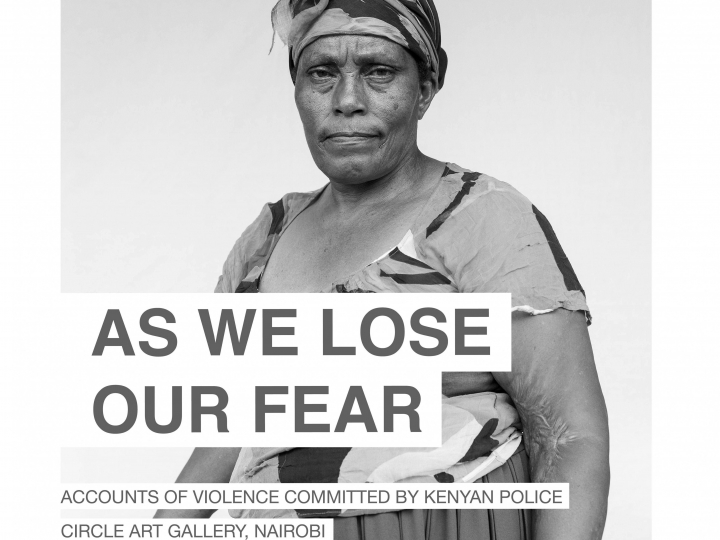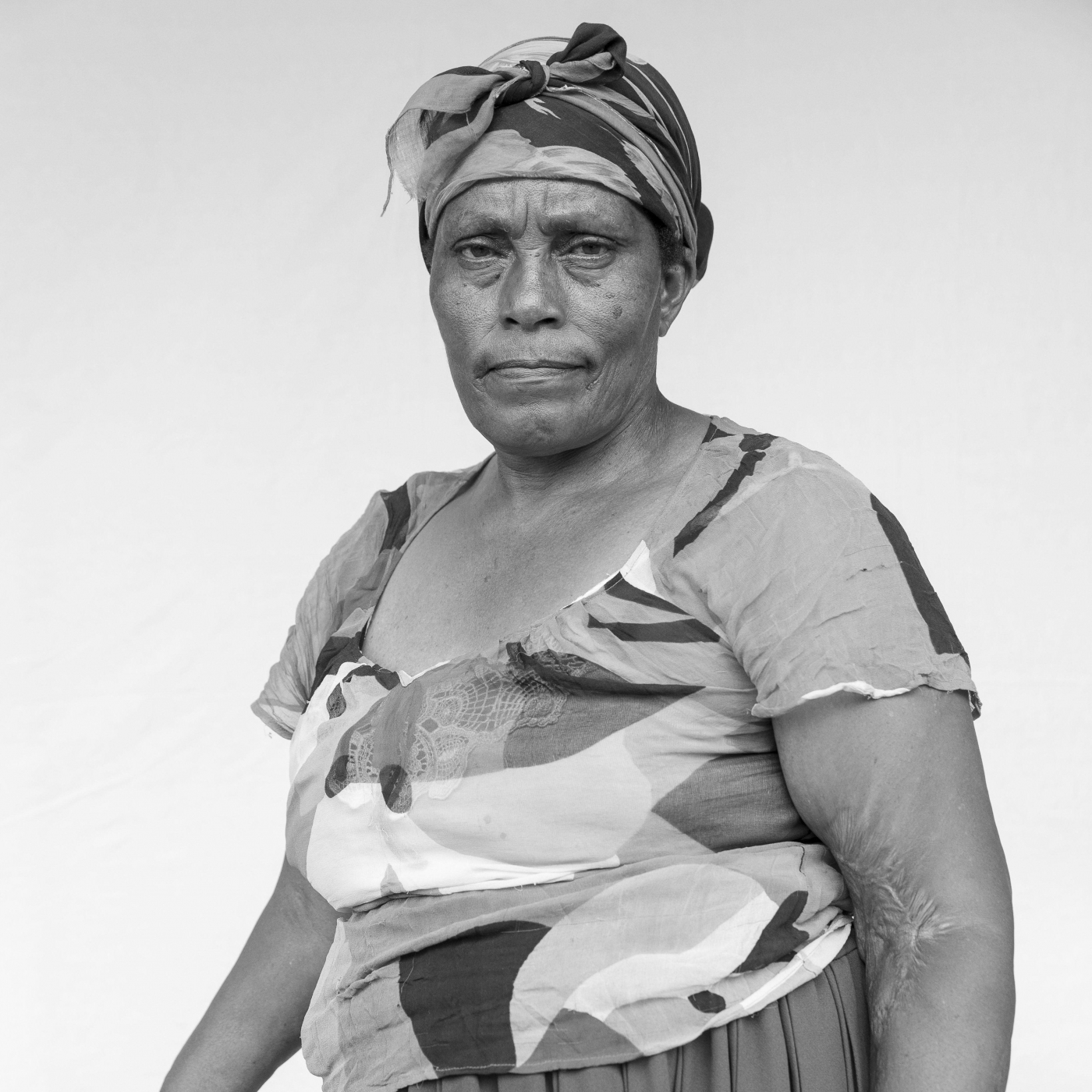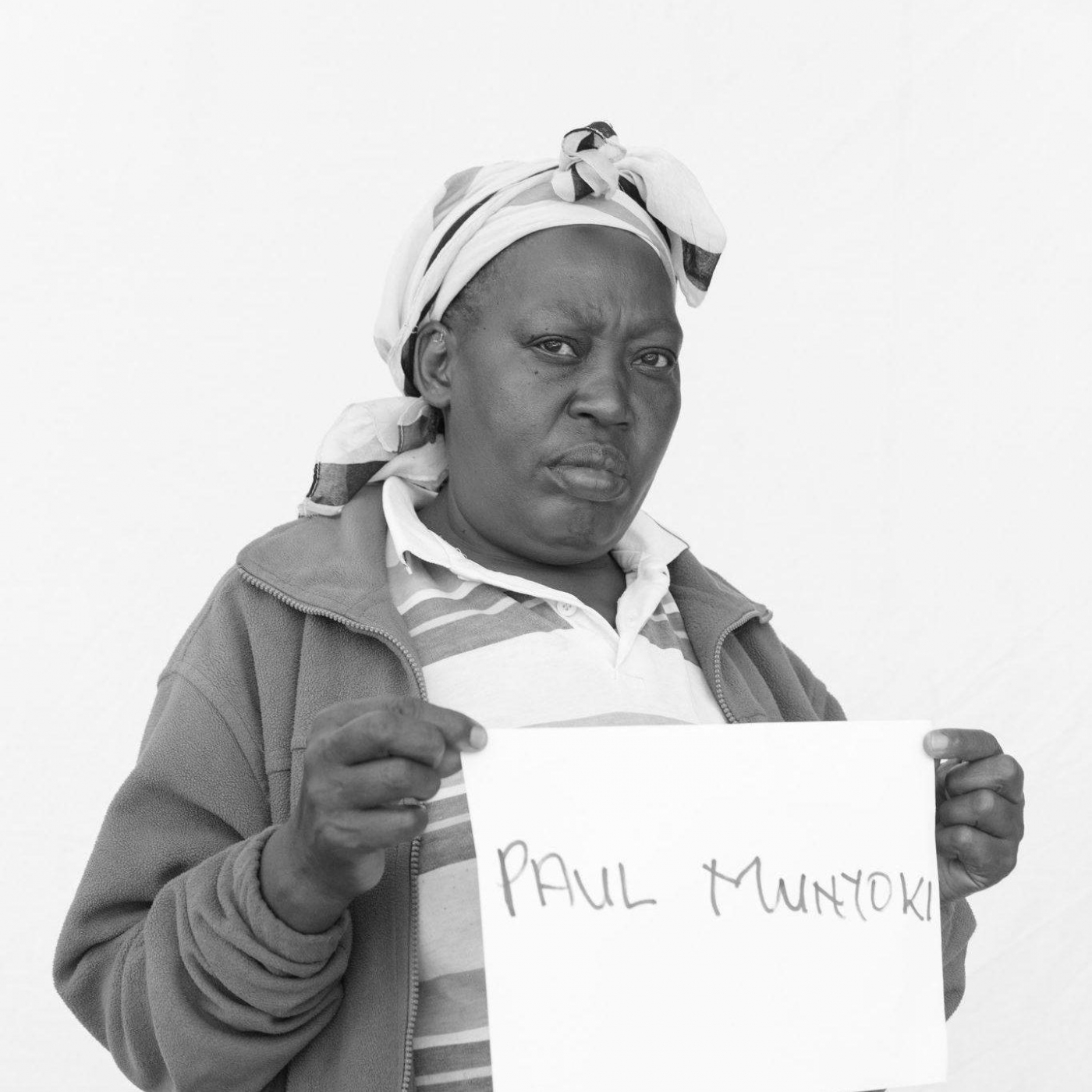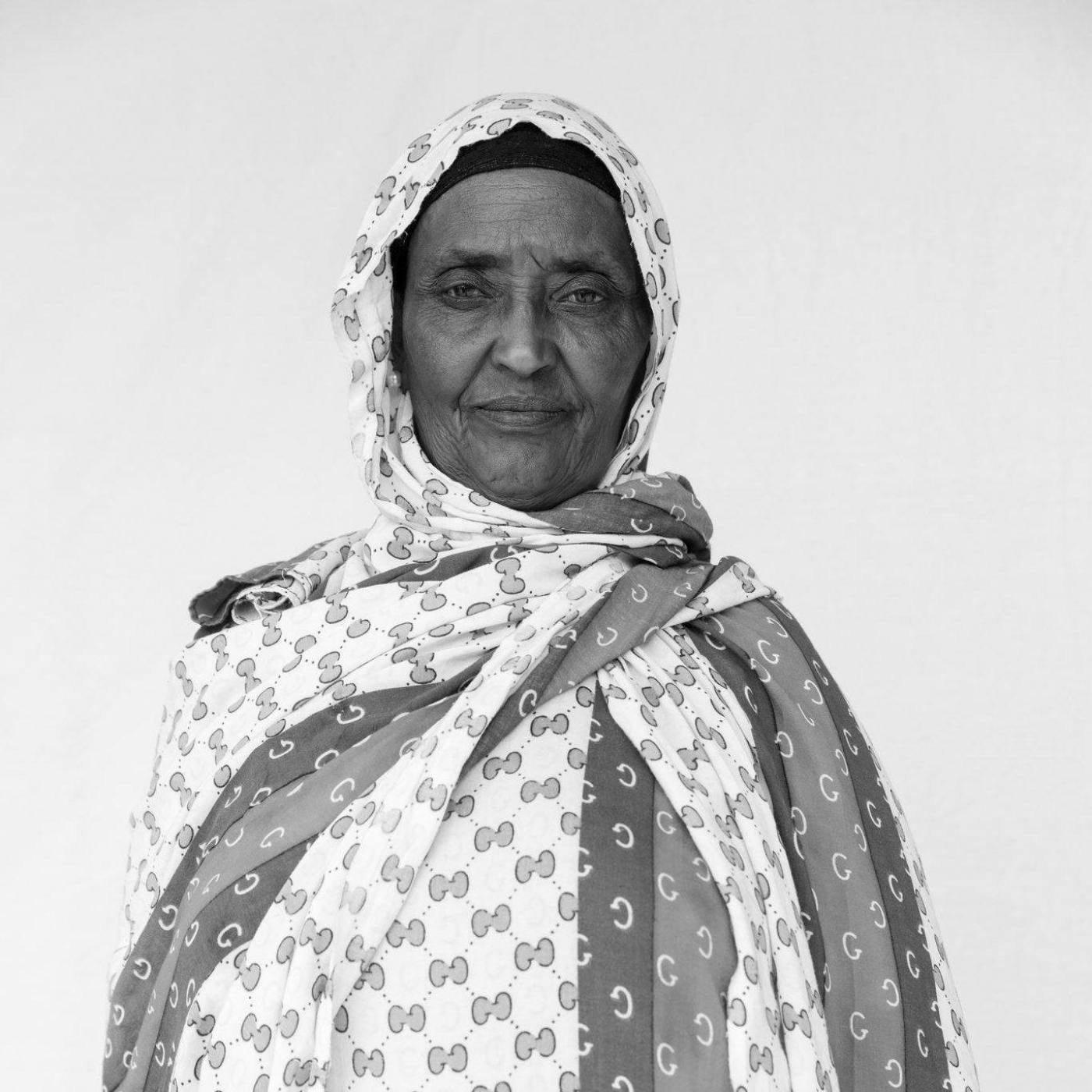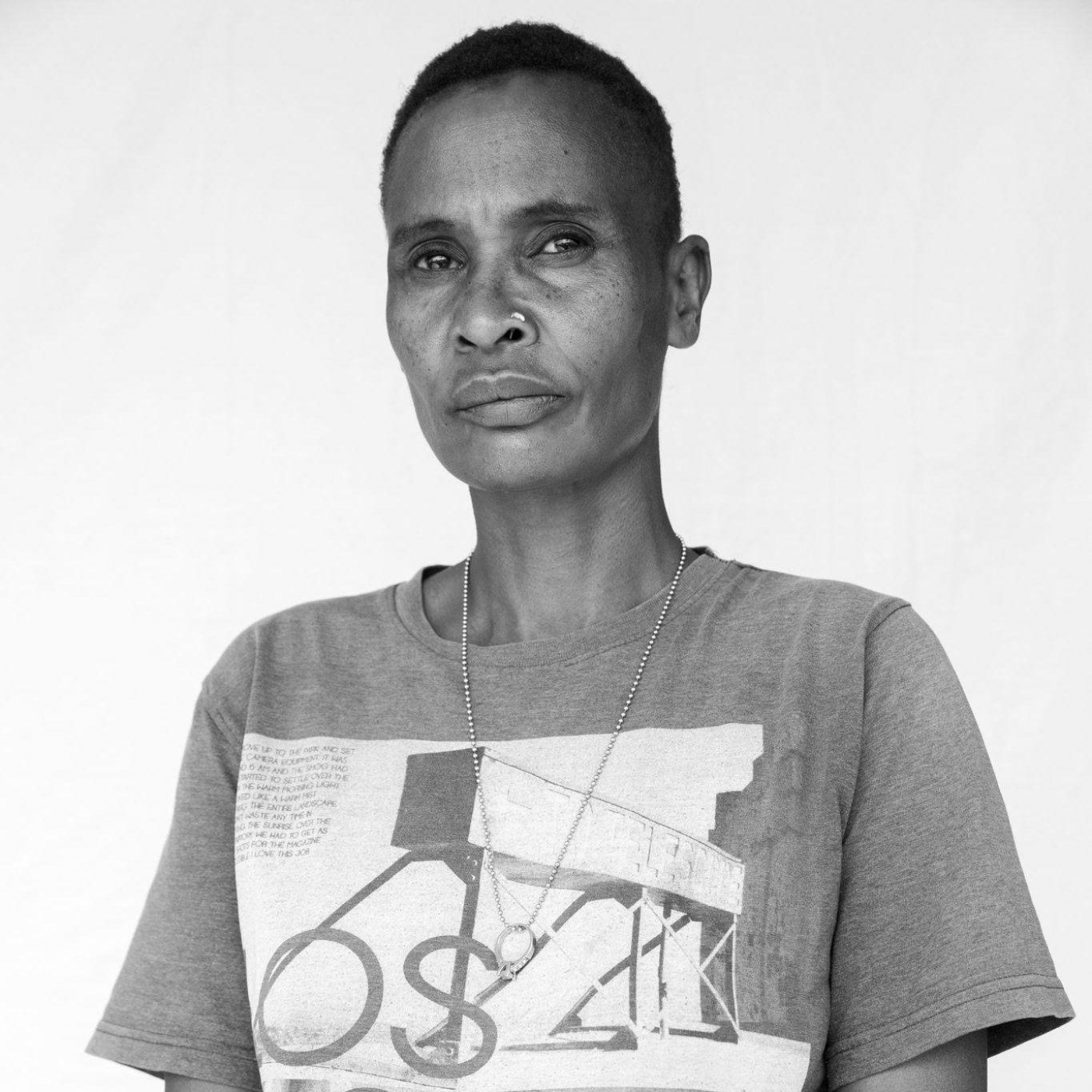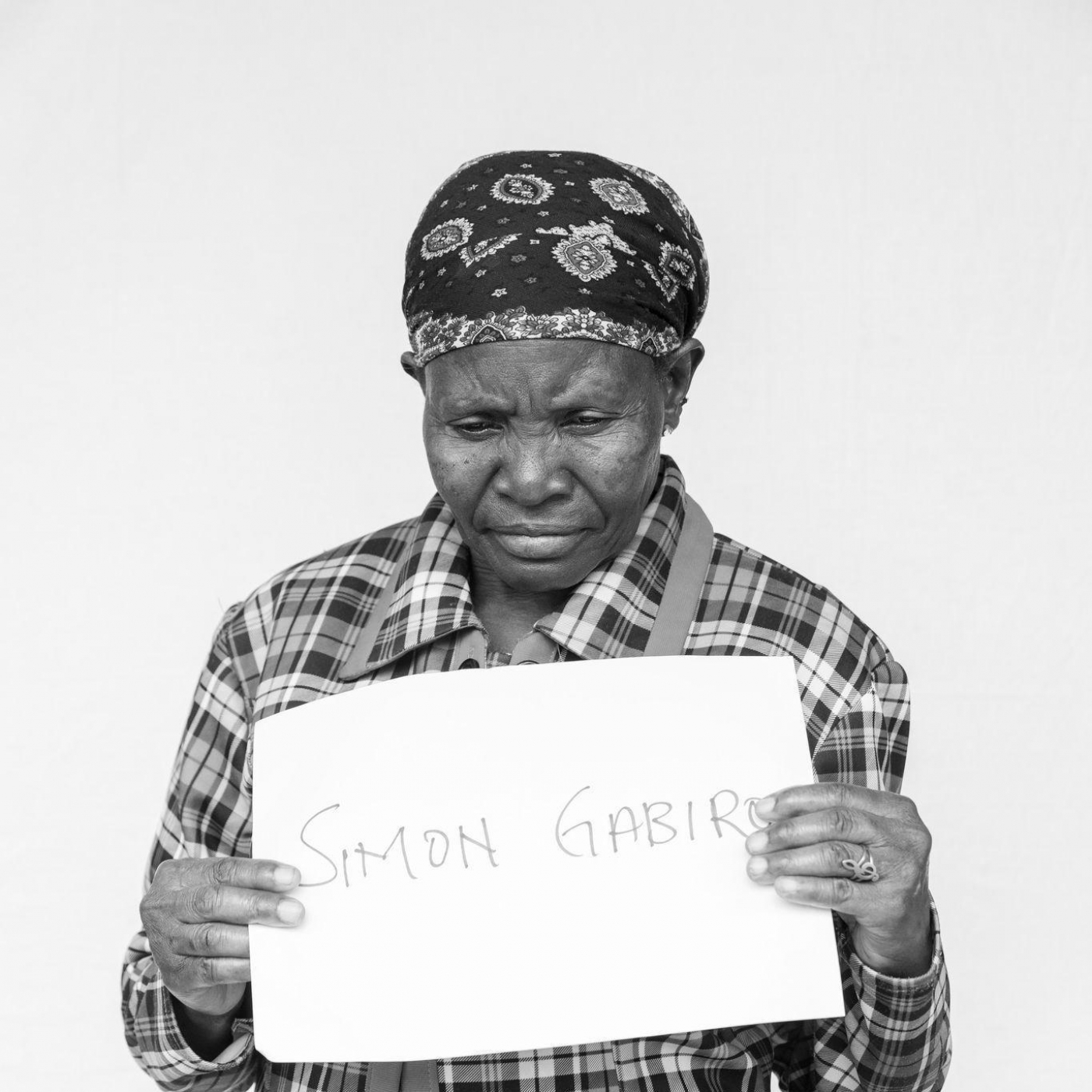Mathare is a group of slums in Nairobi, Kenya, housing approximately 250 000 inhabitants living in informal settlements. The slums have for decades been affected by high-scale violence and police brutality. The Mathare Social Justice Centre (MSJC) came together in late 2014 through a group of young members of the Mathare community to improve the safety and security of Mathare residents and pursue justice for the widespread human rights violations occurring within the community. MSJC has taken the lead in initiating strong, impactful social justice campaigns and programs within the community, and is making advances in bringing awareness to the community on how to access justice and in challenging the business-as-usual approach by authorities and politicians when addressing human rights violations. They have built a network of human rights defenders to monitor and document violations within the community, and of mothers of the victims of enforced disappearances and extrajudicial killings who have created a community of solidarity, support, and barrier-breaking for justice and to end such practices. MSJC is rooted in the community to create substantive change for the security and well-being of all community members.
“We work in all wards of Mathare to fulfil our core mandates: Social justice advocacy and the documentation of human rights violations. These objectives are captured in both our vision and mission which are: Our Vision: To have a Mathare free of human rights violations” From MSJC’s website
There are many extrajudicial killings in Kenya committed by the police, who often act with impunity. Between April 2018 and June 2021, MSJC identified 99 people who were killed by the police in Mathare and the area around, but there are likely dozens of other killings that remain undocumented.

